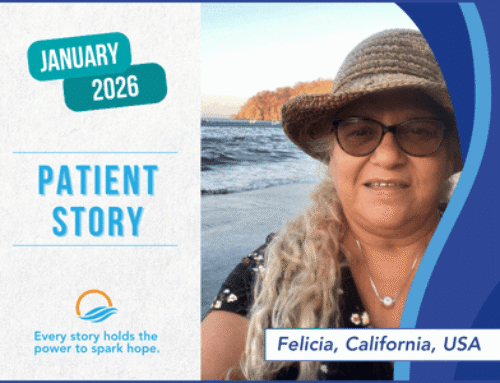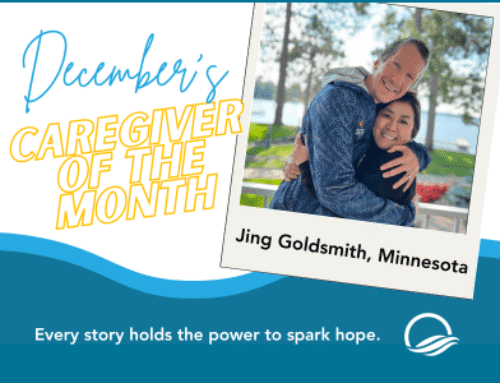 The holidays are a special time of year. Family gatherings and parties go into our calendar, trips are planned, food is prepared, and expectations are high. It’s wonderful, but challenging—and especially so for cancer patients.
The holidays are a special time of year. Family gatherings and parties go into our calendar, trips are planned, food is prepared, and expectations are high. It’s wonderful, but challenging—and especially so for cancer patients.
We may not be able to make those challenges go away, but with preparation we can manage them. Here are a few ways to do that:
Travel
Long flights and car rides can be uncomfortable for GIST patients who have recently had surgery. If driving, try to reduce the number of hours you’re behind the wheel. If a passenger, wear loose clothing, put the seat all the way back, place a thin pillow between your abdomen and the seat belt. When flying, don’t be shy about requesting assistance from the airline and airport staff. Let them wheel you right up to the gate. Bring a note from your doctor and ask for early boarding. Get a seatbelt extension from the flight attendant and put a pillow on your lap. If traveling internationally make sure to bring your medication in its original pharmacy bottle along with a printout of your prescription. And never pack your medication in checked baggage.
Food
TKI inhibitor drugs like imatinib and sunitinib can have troublesome gastrointestinal side effects. At home and when we’re on our daily routines, those side effects can be lessened by carefully choosing what we eat and when. During the holidays those routines can get mixed up. Think ahead about which foods you’ll be able to tolerate. If eating out, go online and look at a restaurant’s menu ahead of time. If you’re a guest at someone’s house call your host and explain that you might not be able to eat everything they prepare. Most people are happy to make a little something special that will help you enjoy their meal. If they’re open to it, you can even bring something from home—but always ask before. These days there are so many non-alcoholic drink alternatives that look and taste as good as the real thing. If pressed to drink just say “It doesn’t go with my medication.” No need to elaborate.
People
Your health is yours to share as you wish. You are not obligated to report on your current status, diagnosis, or prognosis. That said, family and friends are often genuinely concerned. What can help is to have a prepared response ready, deliver it, and then ask the person a question about something in their lives to move the conversation to another subject. But we should also remember that cancer is only one part of who we are. Make sure to share other updates and personal milestones with the loved ones we may not see more than a few times a year.
Emotions
Managing our own emotions during the holidays may be the hardest challenge of all. We don’t have to be cheerful all the time. And forcing a happy mood doesn’t fool anyone, especially ourselves. Living with cancer can feel like a full-time job but if we make time for others, it can help us expand our frame, even if only for a little while. Contribute to a good cause. Volunteer for an organization whose mission means something to you. Read a book to a child. Go for a walk with a friend.
What has happened is behind us. And no one knows what the future will bring. So let’s enjoy the present—it is all that any of us have. Happy holidays!


